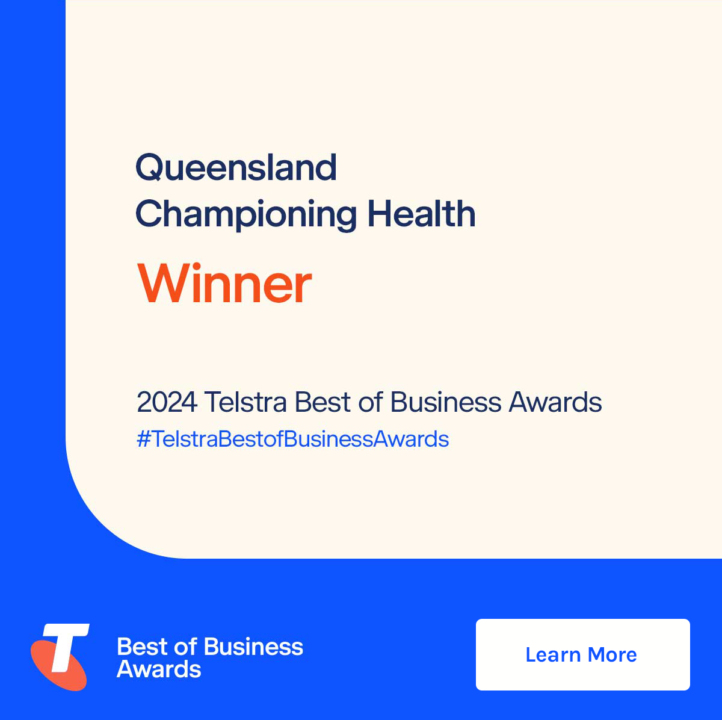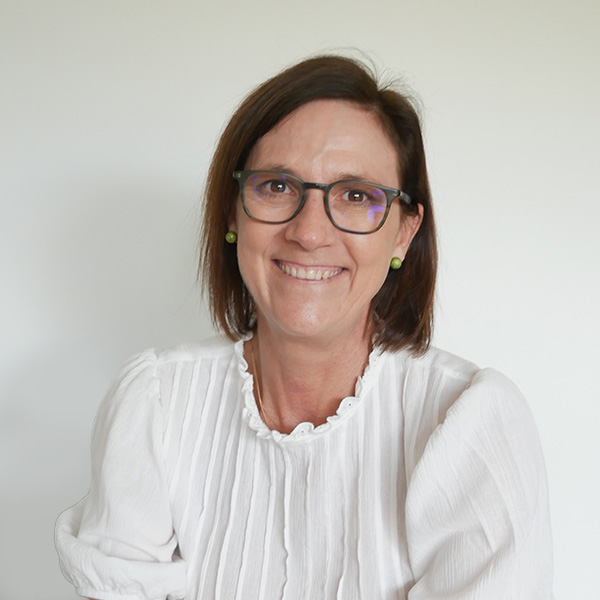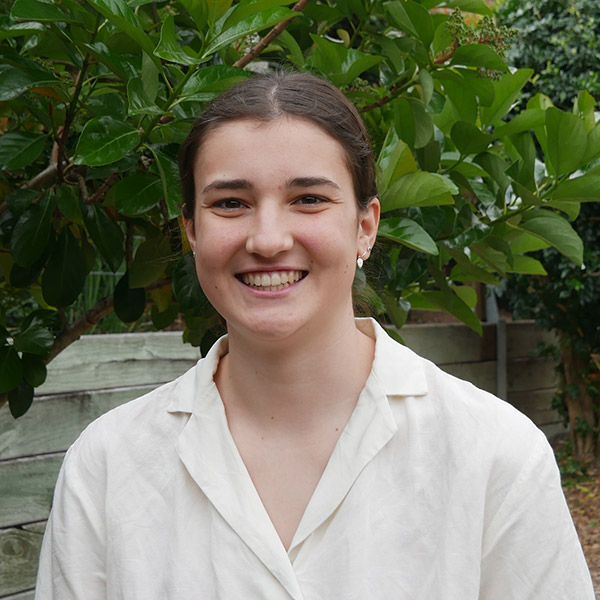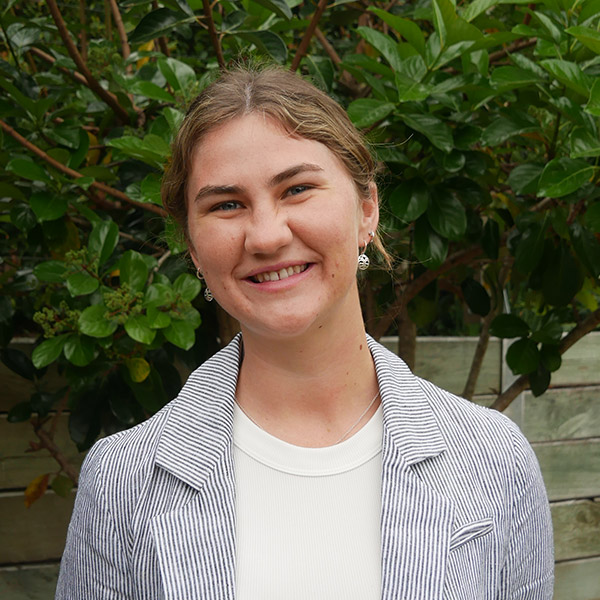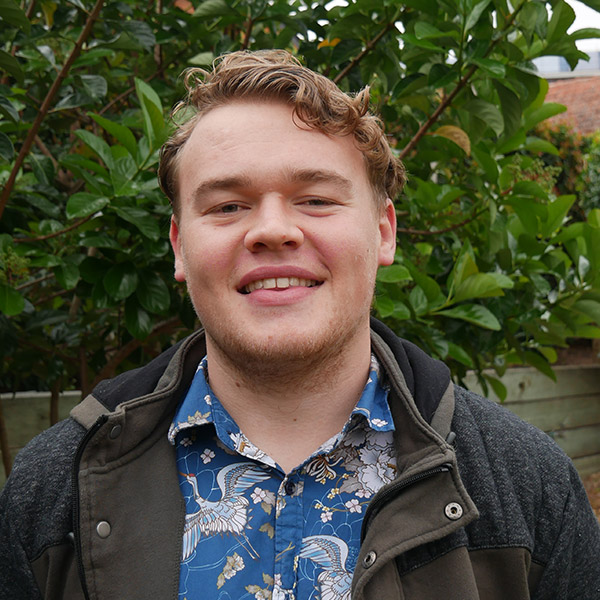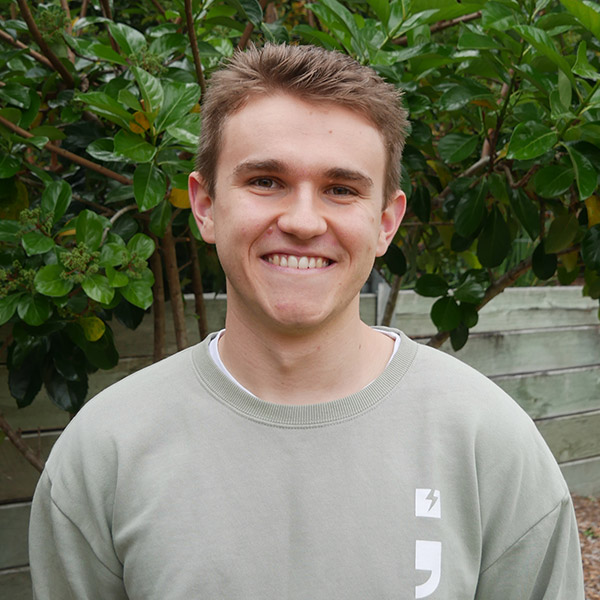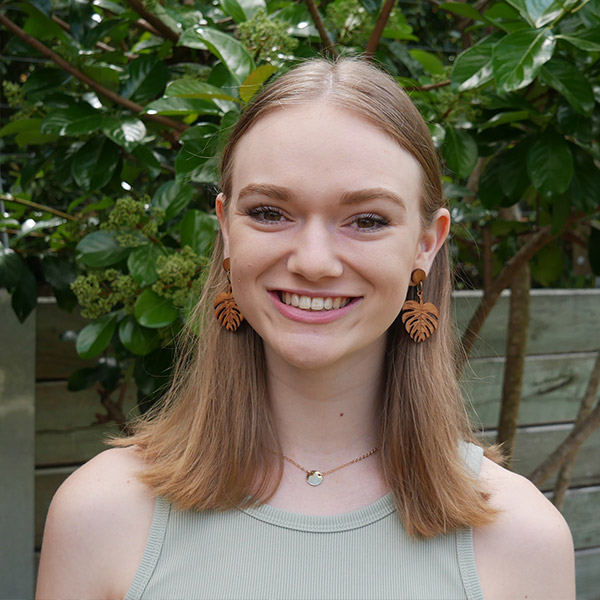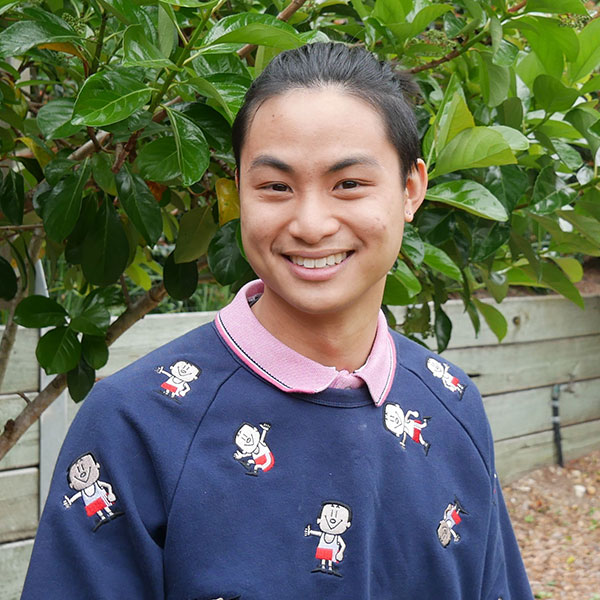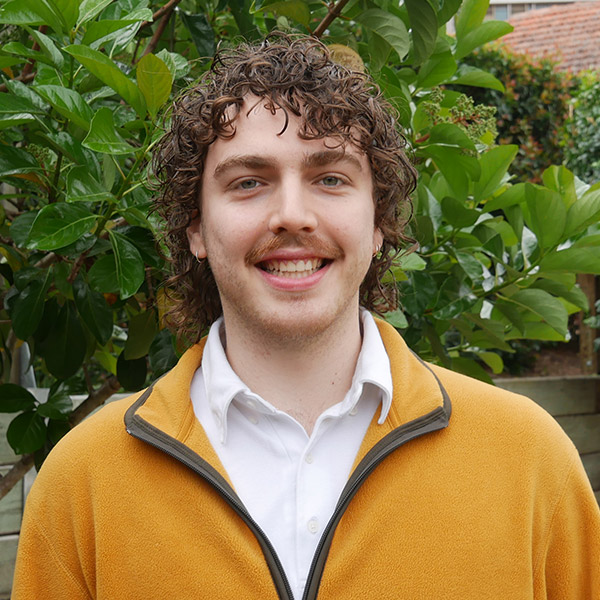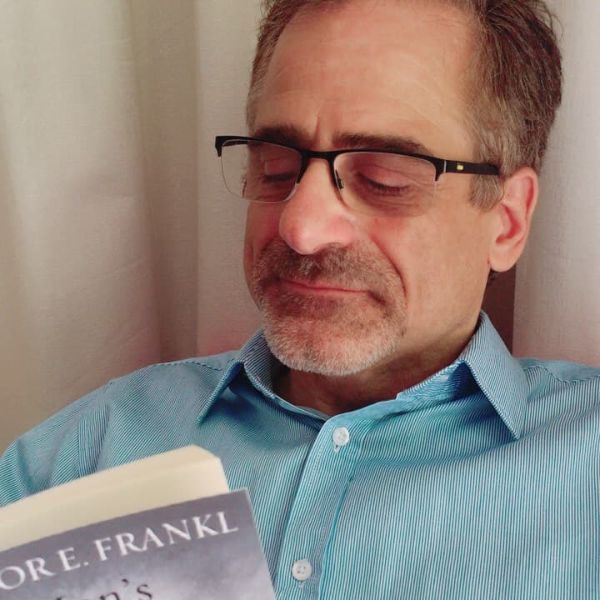Diverse industries from education, health, social sciences, finance, mining and more have recognised the need for engaging and informative education and resources[1]. Determining legitimacy of a vast array of information[2] and wide variety of providers in the online education space can create confusion. In an era of misinformation, the public are searching for evidence based knowledge that is imparted in ways that are meaningful. Digital video-based education that incorporates experiential evidence of consumers with evidence based sources through co-design has been identified as a creative knowledge translation strategy. Whilst identified as a resource intensive approach, the opportunity to create impactful and engaging content means learners have increased capacity to improve understanding of the topic and improved competency levels in responding to care needs. This method imparts evidence-based knowledge in meaningful and impactful ways and builds on the video-based content learning economy, which accounts for an estimated 82% of consumer Internet traffic by 2022[3].
ConnectedLE have joined forces with lived experience collaborators to be a part of Australia’s story in realising mental health reform ambitions. Delivered through video content, the training connects learners to real stories and perspectives. It builds on the emerging evidence of the effectiveness and acceptability of customised video-based education with other sources of research evidence as a way to build public awareness and knowledge in informing decision-making2. The ConnectedLE co-design process has incorporated advisory group participation in all aspects of module design. Video production input is documentary-style with overlay vignettes with key messages embedded in narratives from people with lived experience as well as researchers, clinicians and subject matter experts. The integration of experiential evidence, resources and reflective practice embedded in the module design, supports creative knowledge translation that builds competency levels of learners. The digital storytelling as learning, together with inclusion of other forms of evidence enables construction of new narratives that illuminate the innate aspect of learning to relatable human experiences of others. The investment in lived experience co-production of video-content creation has created a unique training offering, that delivers on the ABC of Mental Health – Awareness Builds Competency by altering entrenched stigma, building psychological safety and connecting through care conversations grounded in the voice of lived experience.
Dr Kylie Armstrong
Co-Founder ConnectedLE
Adjunct Senior Research Fellow (Academic)
Mater Research Institute I The University of Queensland
[1] Tremblay, C., & Jayme, B. (2015). Community knowledge co- creation through participatory video. Action Research, 13(3), 298–314. https://doi.org/10.1177/1476750315572158
[2] Archibald, M, Ambagtsheer, R, Lawless, M et.al., (2021) Co-Designing Evidence-Based Videos in Health Care: An Exemplar of Developing Creative Knowledge Translation “Evidence-Experience” Resources. International Journal of Qualitative Methods, 20; 1-10 https://doi.org/10.1177/16094069211019623
[3] Cisco. (2020, March). Cisco Annual Internet Report (2018–2023) White Paper. Report for Cisco. https://www.cisco.com/c/en/us/ solutions/collateral/executive-perspectives/annual-internet-report/ white-paper-c11-741490.html


